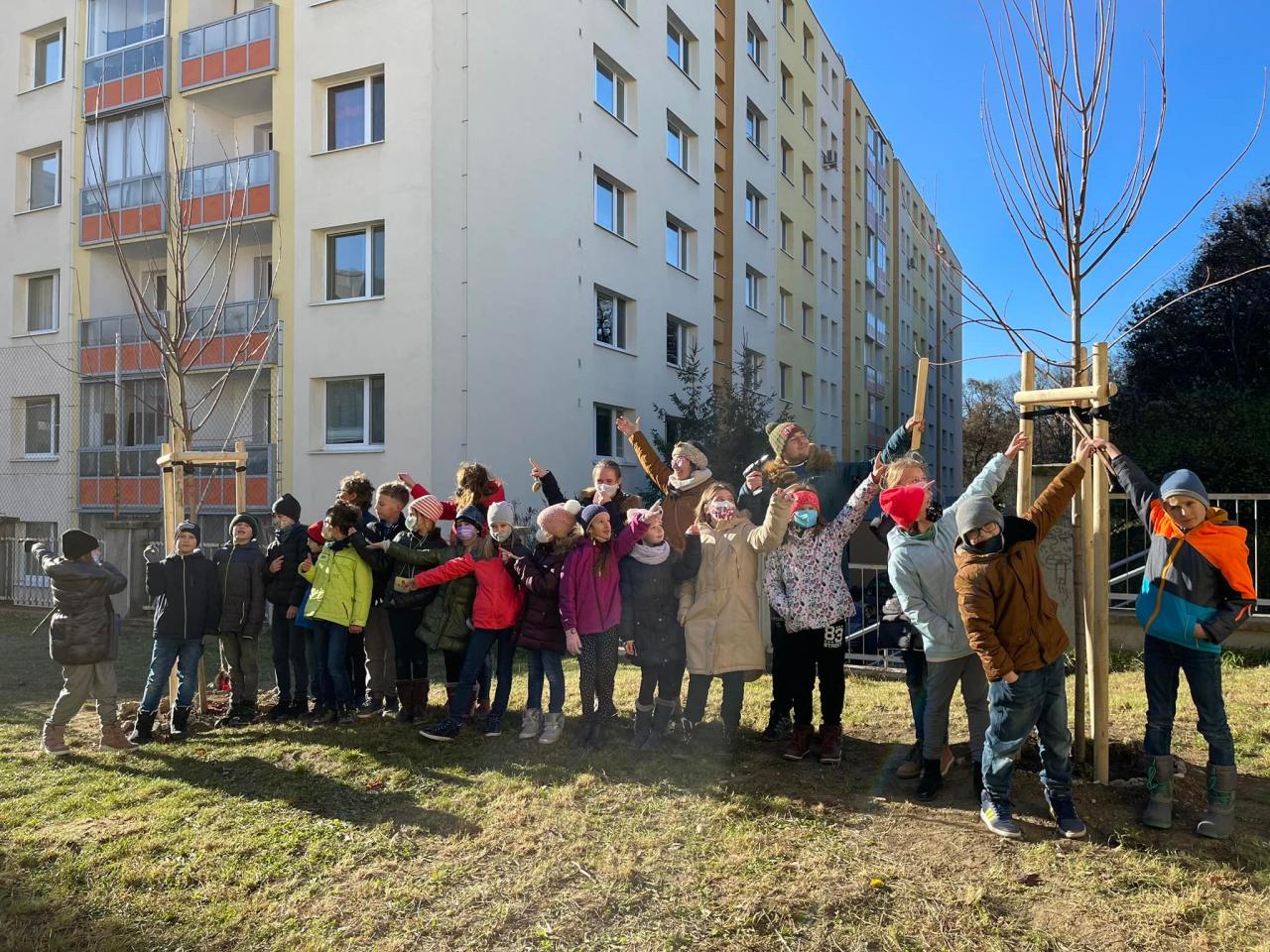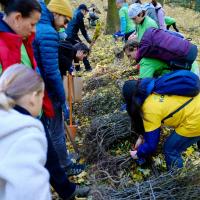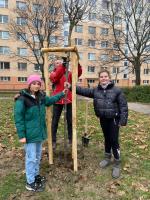
Bratislava, CITIES4CSR Project Partner, is the capital and simultaneously the entry gate into the Slovak Republic. The beauty on Danube, as called within living memory, with almost 460 000 inhabitants is the smallest metropolis of Europe. It is the only national capital city that borders two States: Austria and Hungary. Bratislava is the political, cultural, and economical centre of Slovakia.
Slovakia's impressive economic development since EU accession has laid the foundations for stronger future growth. Efforts to strengthen public finances have helped to create stability. Solid economic growth has created fertile conditions for ‘giving back to the community’ altruistic actions.
Key values of Bratislava’s local government are better public spaces and movement, an open and approachable municipality, health, and sustainability as well as communities and justice. The newly elected mayor has initiated several strategic reorientations in the Mayor’s/ Municipal Council’s program statement for 2019 - 2022. Another innovative policy tool is the anticorruption audit; a new contractual policy for the city that will set up contractual relations with the private sector.
The city’s interest in supporting CSR activities can show to stakeholders and citizens that the city wants to cooperate with corporations and entrepreneurs in specific questions of improving urban life. In the future, the city’s CSR-efforts will be focused on SMEs’, international companies, and the start-up community.
Bratislava doesn’t have any specific policy for communication and cooperation with stakeholders and companies in relation to CRS. Setting-up a CSR framework for transparent, efficient, and result-oriented cooperation with companies and other stakeholders; managing internal communication within the city administrative structure and with external stakeholders and measuring the impact of CSR activities.
Public priv

The 10,000 trees, a CSR program of the city, for the first time ever addressed jointly residents, businesses and institutions under a single call inviting them to contribute to tree planting. Supporters could participate either as volunteers (tree planting) or financially (donations). The project has showed us that to build successful partnerships with businesses, one needs to also reflect their priorities (visibility, employee engagement). At the same time, the limitations of our internal processes became apparent, which in turn led to development of a new internal regulation (directive) on receiving donations.

